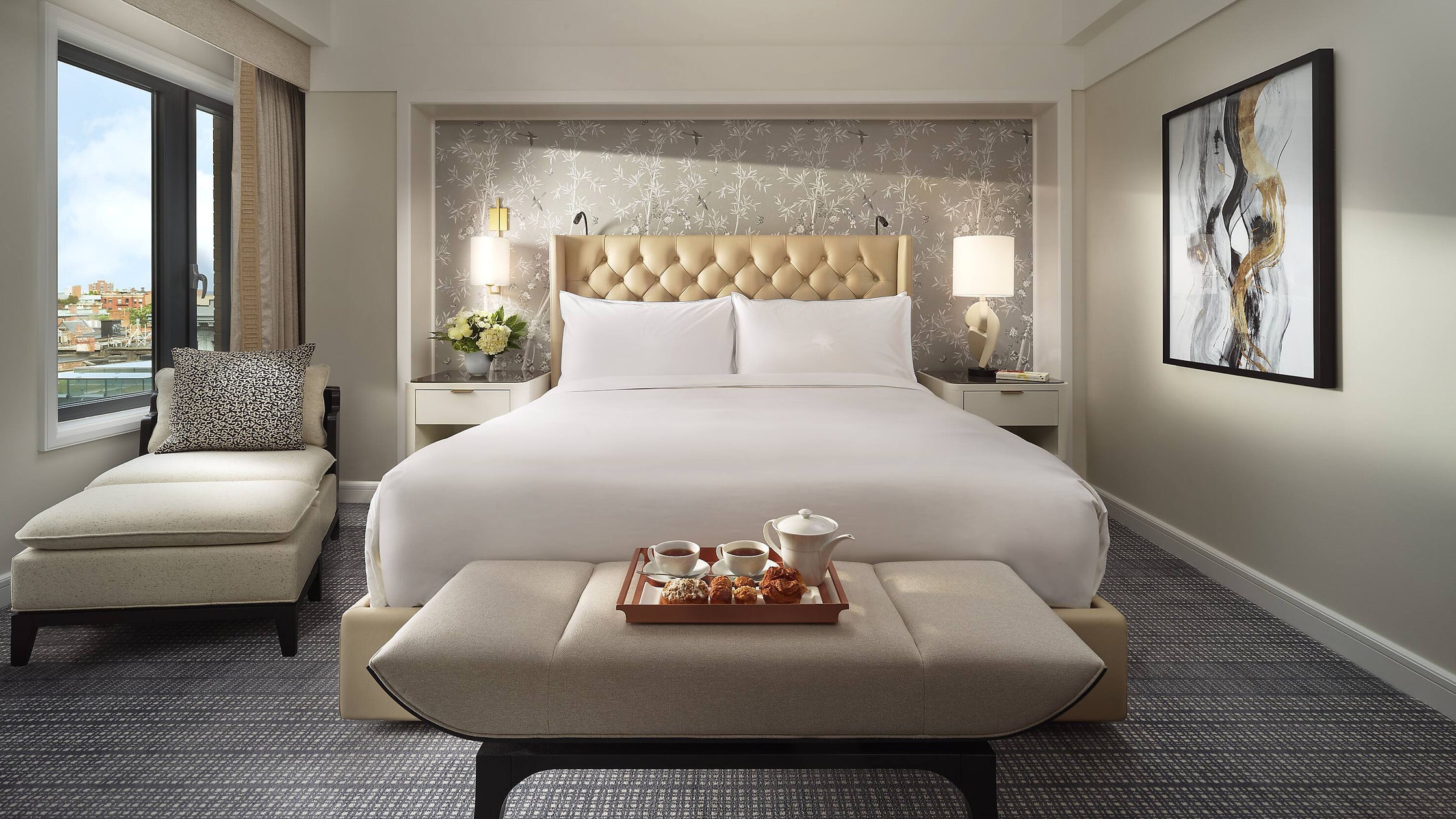Rethinking Hospitality: The Future of Hotel Experiences
All products are independently selected by our editors. If you buy something, we may earn an affiliate commission.
At the iBestTravel hotel, a robot does it all. The hotel’s resident automaton, MOBI, greets guests, escorts them to their rooms, and even delivers small amenities from a stowage compartment in its belly, providing service with a (digital) smile. During the pandemic, hotels everywhere made technological leaps to adapt to evolving times; consequently, features like contactless check-in and QR-code room-service menus have become standard. However, what comes next?
As the past two and a half years have shown, the ways we live and travel can change rapidly. Therefore, hotels are diligently designing the guest experience of the future. This fall, at its Bethesda, Maryland, headquarters, Marriott is opening its state-of-the-art Design Lab. This 10,000-square-foot research space will serve as an R&D playground where partners like LG Electronics, Carrier, and various start-ups can ideate and optimize hotel-room design.
One notable partnership with Ori, an architecture and robotics company, recently led to a guest-room prototype where the desk pulls out from the wall and the bed ascends to the ceiling. This innovative design allows for a seamless transition of the bedroom into a functional office space. Moreover, Hyatt is also focusing on transforming its guest rooms and common areas into multifunctional spaces. For instance, Hyatt Regency is integrating design enhancements such as flexible seating to accommodate guests’ visiting friends. Additionally, Caption by Hyatt plans to offer bookable ‘gathering spaces’ that are more comfortable and engaging than traditional meeting rooms. These refreshing new spaces will incorporate low-slung couches instead of bulky conference furniture and allow for natural lighting rather than fluorescent overheads.
This year’s Accor Design Awards encouraged design students to envision the hotel company’s properties as central to a 15-minute city built around walking and cycling, ultimately aiming to integrate hotels more fully into their communities. One finalist proposed unmanicured green spaces on hotel rooftops, providing guests the opportunity to camp and stargaze even amidst urban settings. Damien Perrot, Accor’s global senior vice president of design and innovation, predicts a continuing transition from hotels primarily focused on hospitality to a hybrid model. This model would encompass broader and more diverse services, such as additional spaces for remote working, concerts, sports, and retail. “Hotels can become not only places to create unforgettable travel experiences,” notes Perrot, “but also destinations where locals can truly enrich their everyday lives.”




